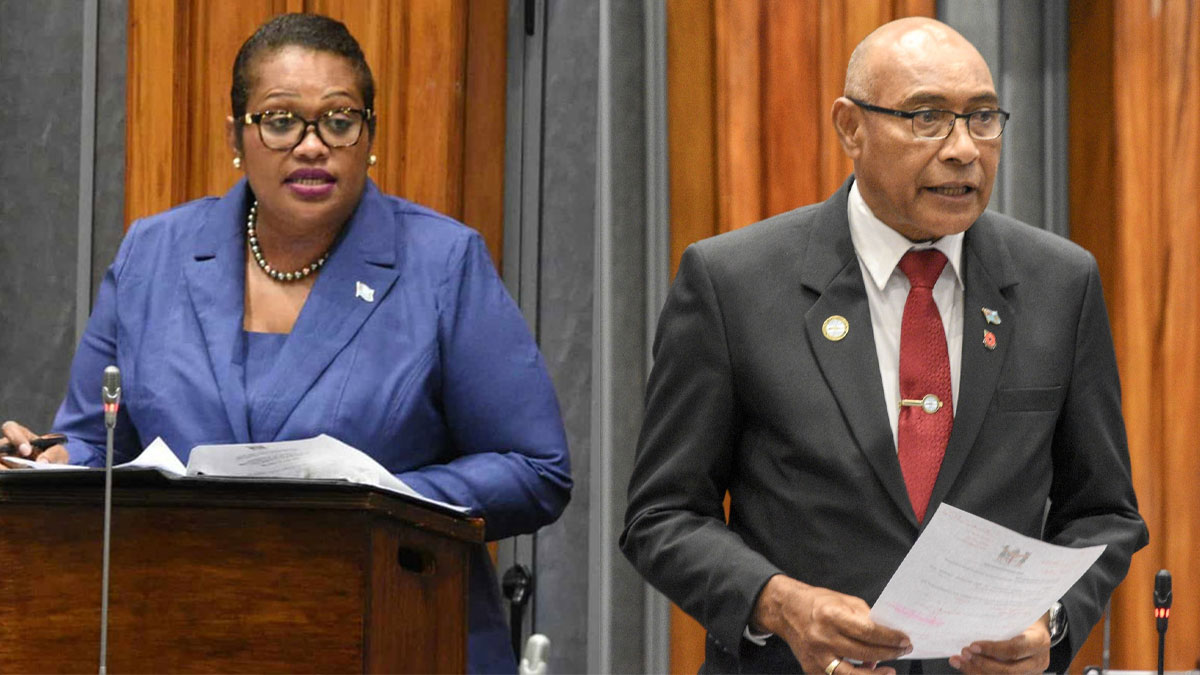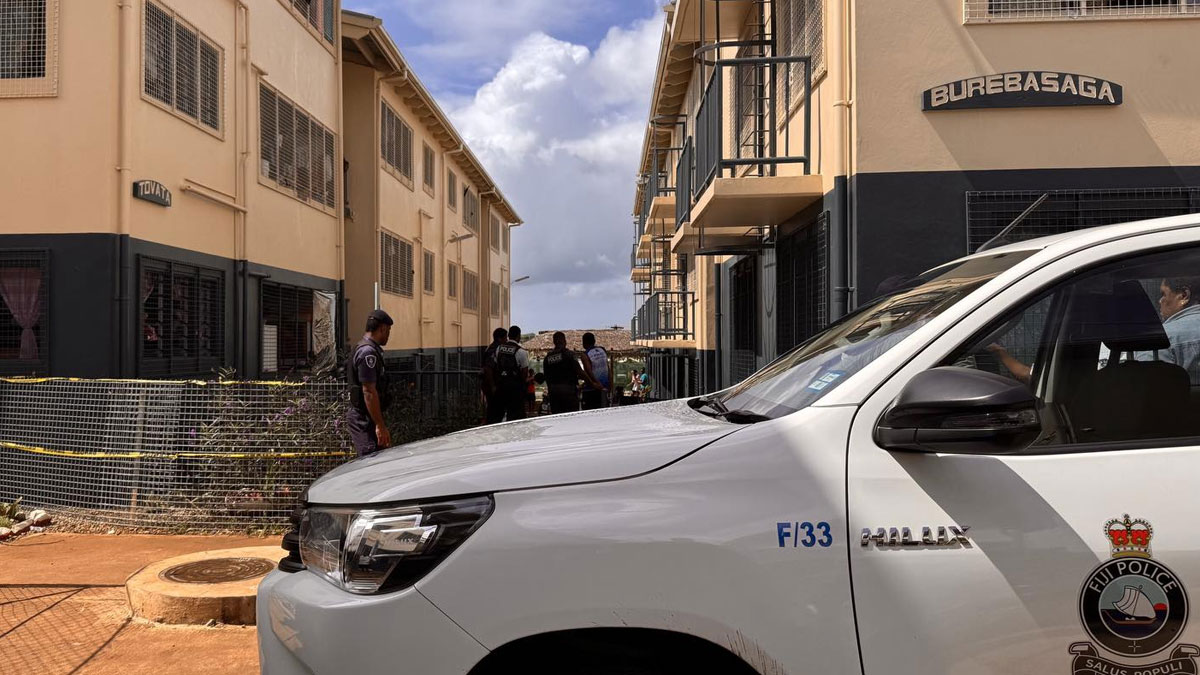
With the warmer months and cyclone season nearing, people are being urged to quality check when they are buying fish because according to the Minister for Fisheries, Alitia Bainivalu, ciguatera fish poisoning is primarily prevalent during the warmer months or cyclone season from November to April.
While speaking in Parliament, Bainivalu says with the frequent changes in weather patterns, increased natural disturbances and climate change impact, the occurrence of ciguatera fish poisoning is now frequent and varies.
She says since 2002 the Fisheries Ministry has conducted a baseline questionnaire survey to identify major hotspots, seasons and fish species implicated in Cigua toxins, including treatment and traditional remedies.
Bainivalu says this work documented the effort to manage, prevent and reduce the incidence of fish poisoning, especially given the impact of climate change that may contribute to the spread of Cigua toxins.
She says the Ministry has created awareness through community outreach, talkback shows, trade shows, journal publications and public awareness materials.
The Minister adds that news alerts and awareness are published through the Ministry of Fisheries Facebook page and other media outlets during the cyclone season.
Bainivalu says in 2016, through the support of local institutions, the University of the South Pacific and Fiji National University, the Ministry undertook a validation research approach to investigating the hotspots identified through traditional ecological knowledge and a scientific process to determine the occurrence and accumulation in seafood.
She says the study discovered some unknown knowledge and confirmed some of Fiji's fish poisoning traditional science.
She adds the sampling was conducted in Kadavu, Nadroga, Navosa, and Tailevu.
Meanwhile, Opposition MP Viliame Naupoto stressed the importance of creating awareness on identifying fish species, which are toxic because the impact will only be seen once the toxins are ingested by someone.
Naupoto says he is aware of the signs of fish poisoning but is concerned that most people nowadays, especially our children, don't know the Fijian names of our fish and trees.
He is urging the Ministry to conduct public awareness during seasons like now when ciguatera poisoning is high.
Stay tuned for the latest news on our radio stations

